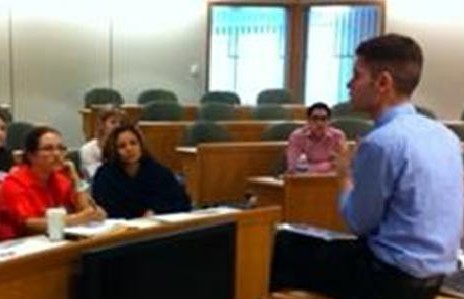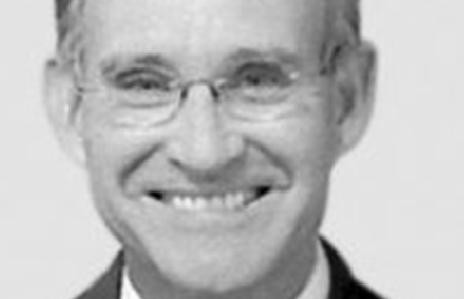
PREAL Hosts Study Tour for Young Leaders in Boston
Study tour aims to expose participants to innovations and encourage them to apply lessons learned in their own countries.
This post is also available in: Spanish
In response to growing awareness of the impact that teachers have on the quality of education and student learning, the Human Development Network’s Education Sector at the World Bank recently launched the teachers’ component of its System Assessment and Benchmarking for Education Results (SABER).
SABER-teachers focuses on collecting data about teacher policies around the globe, analyzing it, and then disseminating it through user-friendly tools. The primary output will be a set of 10-page country reports that classifies education systems according to eight policy goals for which all countries should aim. Other soon-to-be-released SABER products include a database allowing countries to compare teachers’ policies and a website providing access to all country reports.
A draft paper entitled “What are the teacher policies of top-performing and rapidly-improving education systems?” (PDF) by Emiliana Vegas and Alejandro Ganimian uses previous ‘benchmarking’ research to understand how top-performing and rapidly-improving education systems perform on SABER-Teachers.
The paper explains the methodology used to identify top-performing and rapidly-improving education systems, including Hong Kong, Finland, Belgium, South Korea, Japan, Hungary, Singapore, the Netherlands, Chile, Luxembourg, Israel, New Zealand, and Mexico. It also evaluates how these systems perform on the eight core policy goals of the SABER-teachers program.
The goals include setting clear expectations for teachers, attracting the best into teaching, preparing teachers with useful training and experience, matching teachers’ skills with students’ needs, leading teachers with strong principals, monitoring teaching and learning, supporting teachers to improve instruction, and motivating teachers to perform (Source: Vegas and Ganimian, 2011).
Although there is variation among the different countries, some trends are evident from the authors’ analysis. For example, most successful education systems have between 550 and 650 annual hours of instruction. Most teachers in these systems have an induction program and a base salary of between 60-80% of the GDP per capita. Additionally, principals devote 10-20% of their time to training primary school teachers.
These results will be complemented with additional data collected by SABER in the near future. In the meantime, the new SABER-teachers program promises to be a valuable and innovative tool for education policy research. It will enable countries to evaluate their systems and implement best practices to improve the quality of education worldwide.
Study tour aims to expose participants to innovations and encourage them to apply lessons learned in their own countries.
Three questions regarding education the 2012 presidential hopefuls should be pressed on.
This post is also available in: SpanishFormer Nicaraguan Minister of Education Humberto Belli recently shared with us his article published in La Prensa on the subject of teacher pay. Belli co-chaired the Task Force on Education in Central America that produced PREAL’s Central American Regional Report Card in 2007 and was a member of the…

